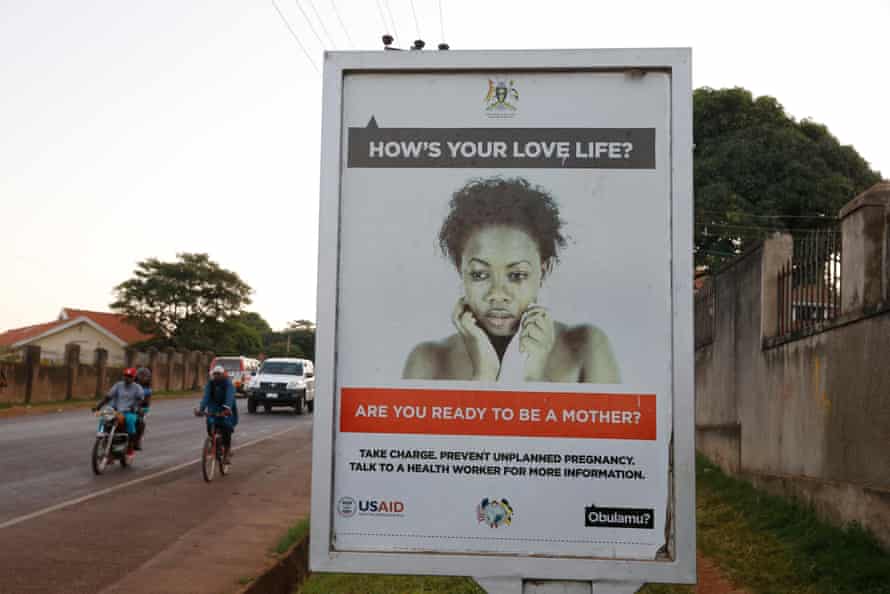With seven cases identified in Britain, experts are looking for the source of the infections and how it is being spread

Dr Susan Hopkins says UKHSA is ‘rapidly investigating the source … because the evidence suggests there may be transmission in the community’.
Photograph: Hannah McKay/AFP/Getty Images
Nicola Davis
Nicola Davis
Science correspondent
THE GUARDIAN
THE GUARDIAN
Tue 17 May 2022
With the number of cases of monkeypox in the UK rising to seven, what is the situation and is it cause for concern?
What is monkeypox?
Monkeypox is a viral infection typically found in central and western Africa. A handful of cases have previously been diagnosed in the UK, with the first recorded in 2018 in an individual thought to have contracted the virus in Nigeria.
There are two forms of monkeypox, a milder west African strain and a more severe central African, or Congo strain. It is thought the recently diagnosed individuals have the west African strain.
Advertisement
According to the UK Health Security Agency, early symptoms of monkeypox include fever, headache, muscle aches, swollen lymph nodes and chills, as well as other features such as exhaustion.
“A rash can develop, often beginning on the face, then spreading to other parts of the body, including the genitals,” the UKHSA says. “The rash changes and goes through different stages, and can look like chickenpox or syphilis, before finally forming a scab, which later falls off.”
Most patients recover from monkeypox in a few weeks.
How is it spread?
Monkeypox does not spread easily between humans, and requires close contact. According to the US Centers for Disease Control and Prevention, it is thought that human-to-human transmission primarily occurs through large respiratory droplets.
“Respiratory droplets generally cannot travel more than a few feet, so prolonged face-to-face contact is required,” the CDC says. “Other human-to-human methods of transmission include direct contact with body fluids or lesion material, and indirect contact with lesion material, such as through contaminated clothing or linens.”
How many new cases are there in the UK?
The first recent case in the UK was reported on 7 May, with the patient having recently travelled to Nigeria. A week later a further two patients were reported to be receiving treatment for monkeypox in London. They lived in the same household and their infections are thought to be unconnected to the previous case.
On Monday another four cases of monkeypox were reported, three in London and one in the north-east of England. These four cases do not appear to be linked to any of the previous ones, and all those involved are thought to have been infected in London. All four of these cases are in men who self-identify as gay, bisexual, or men who have sex with men.
The World Health Organization said on Tuesday that it was now coordinating with UK and other European health officials.
Does this mean monkeypox is sexually transmitted?
Dr Michael Head, a senior research fellow in global health at the University of Southampton, says the latest cases may be the first time transmission of monkeypox though sexual contact has been documented, but this has not been confirmed, and in any case it is probably close contact that matters.
“There is no evidence that it is a sexually transmitted virus, such as HIV,” Head says. “It’s more that here the close contact during sexual or intimate activity, including prolonged skin-to-skin contact, may be the key factor during transmission.”
The UKHSA is advising gay and bisexual men, as well as other communities of men who have sex with men, to look out for unusual rashes or lesions on any part of their body, in particular their genitalia. “Anyone with concerns that they could be infected with monkeypox is advised to make contact with clinics ahead of their visit,” the UKHSA says.
How concerned should we be?
At present, the answer seems to be not very. Experts have suggested it is unlikely there will be a large outbreak, although it is important contacts of those infected are identified.
Dr Susan Hopkins, the chief medical adviser at UKHSA, calls the situation “rare and unusual” but adds: “UKHSA is rapidly investigating the source of these infections because the evidence suggests that there may be transmission of the monkeypox virus in the community, spread by close contact.”



















